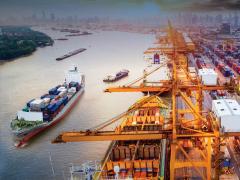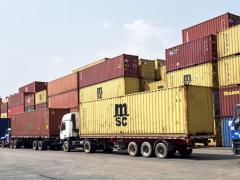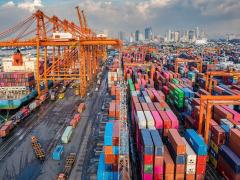Shipping lines serving the US market are once again in the firing line following complaints to the Federal Maritime Commission (FMC) that they are refusing to accept hazardous cargo.
During a recent meeting with chemical distributors, Commissioner Carl W Bentzel heard concerns about “systemic” reductions for hazardous materials transportation via ocean.
Distributors source chemical products from manufacturers overseas and sell them to diverse customers in the United States across all industries that use these chemicals to produce a wide range of goods critical to the economy and public health. Many of these products are no longer domestically manufactured but are essential components of programmes and products used by US consumers daily.
“I am troubled by reports that ocean carriers might be refusing to serve shippers importing hazardous materials. The inability to import these commodities could, in turn, harm US manufacturers, and potentially jeopardise US programmes related to water purification and other strategic US services and commodities that rely on the movement of international cargoes of hazardous materials.”
Current surges of import cargoes have continued to stretch the abilities of the ocean liner industry. “While I understand the fundamental challenges of addressing supply and demand in the congested intermodal transportation environment, shrinking shipping capacity could limit certain cargo movements. This means that market decisions by ocean carriers will determine who, and to what extent, shippers will receive service.”
Legally, carriers are obliged not to discriminate because of the nature of the material being shipped.
“Given the potential implications of systemic refusals by shipping lines, I am urging that we broaden the scope of the Vessel-Operating Common Carrier audit programme to include review of whether there have been any systemic decisions by ocean carriers to discriminate against hazardous materials transportation. Such a review could be conducted within the existing audit programme and will make FMC oversight more focused and thorough during this volatile time.”













